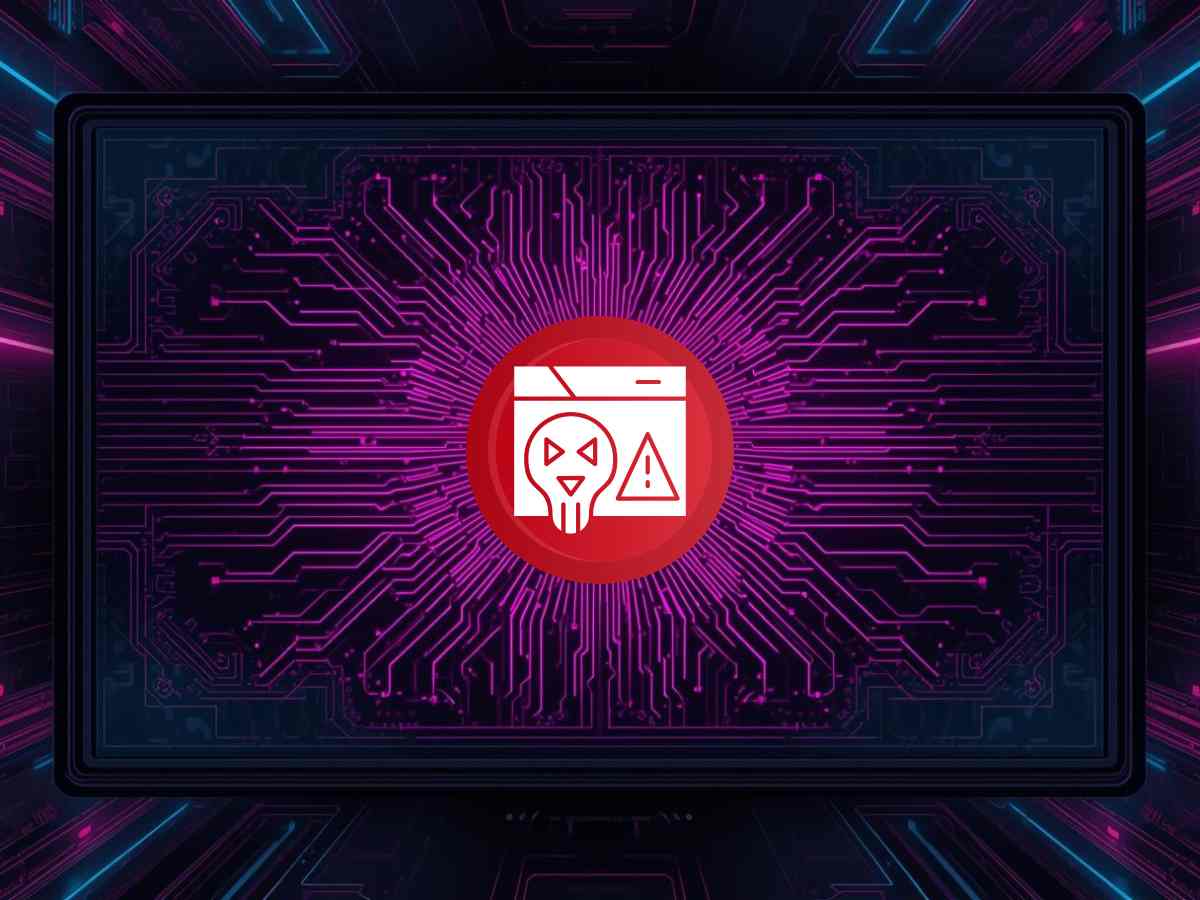The digital world is a battleground for cybercrime, where cybercriminals constantly innovate and create new threats that jeopardize our online safety. Security researchers have uncovered a particularly alarming type of Android malware called”SpyAgent” that targets cryptocurrency wallets using advanced technology. First detected in Korea, SpyAgent is designed to steal users’ mnemonic keys, which are 12-word recovery phrases needed to access their crypto wallets.
SpyAgent disguises itself as a legitimate app, like a banking or streaming service, tricking users into downloading it. Once installed, it quietly connects to a remote command and control (C2) server, allowing attackers to steal sensitive information, including text messages, contacts, and photos that might contain crypto wallet recovery phrases.
What makes SpyAgent explicitly dangerous is the Optical Character Recognition (OCR). OCR lets the malware scan images stored on infected devices to find mnemonic phrases. For example, if a user takes a screenshot of their 12-word recovery password, SpyAgent can detect and steal this information, putting the victim’s entire cryptocurrency holdings at risk.
The malware creators have demonstrated high sophistication, disseminating it from Korea to the UK and refining its communication with the C2 servers. It now uses WebSocket connections to send stolen data in real time, making it more difficult to detect and prevent.
SpyAgent is propagated through phishing campaigns, where victims are lured into downloading malware using deceptive messages that appear to be from reliable contacts. This clever social engineering, combined with the malware’s technical prowess, makes SpyAgent a severe threat in the cybersecurity world.
As SpyAgent keeps getting more advanced, cybersecurity experts are working hard to mitigate its spread. However, the threat is still serious, especially with the possibility of creators developing an iOS version.






